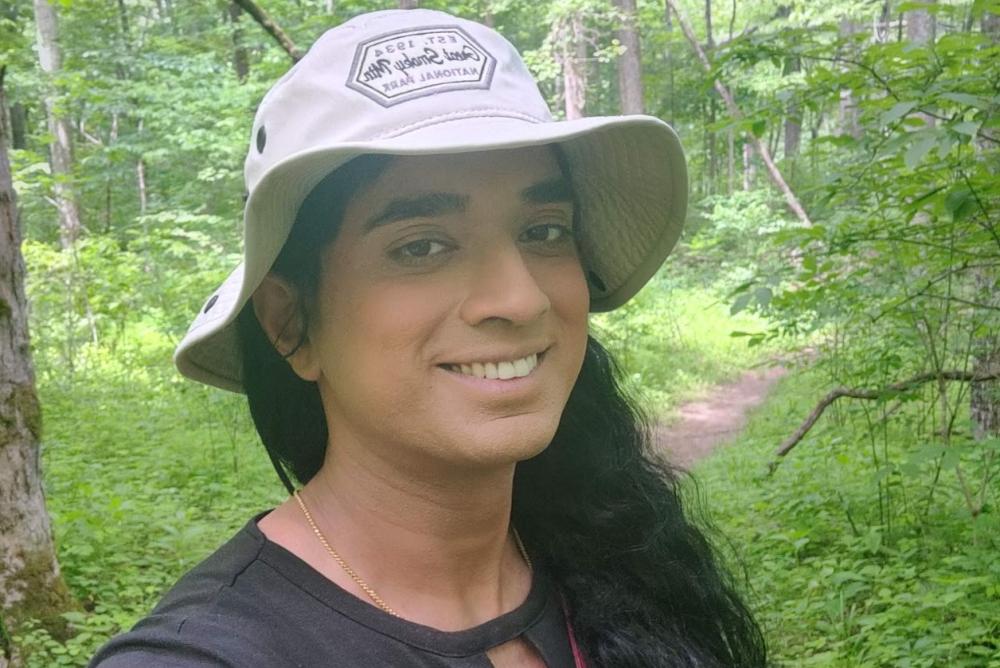Computer Science Events
[PAST EVENT] Physics Colloquium - Raghav Kunnawalkam-Elayavalli
Access & Features
- Open to the public

Raghav Kunnawalkam-Elayavalli, Vanderbilt University, Title of talk: Back to fundamental QCD - how do quarks and gluons evolve in space and time?
Abstract: Collider experiments have proven themselves immensely useful in studying the behavior of fundamental particles such as quarks and gluons. The last few years in particular have seen a push towards an exploration of QCD, that has hitherto been inaccessible, via innovative experimental techniques to access the multi-scale parton evolution and eventually even shed light on hadronization mechanisms. In this talk, I start with a pedagogical overview of jets and their structure and highlight recent measurements from experiments at both RHIC and LHC. In the context of heavy ion collisions, jets have been advertised for the past two decades as a useful tool for quark-gluon plasma (QGP) tomography. This quest has had its fair share of roadblocks but I share the community's roadmap to the next-generation of measurements with the sPHENIX detector at RHIC, that have untapped potential to extract of the QGP's microscopic transport properties and in mapping its space-time evolution. Finally, I cover the impact of the upcoming Electron Ion Collider where these novel techniques and experimental precision lead to imaging both the perturbative and non-perturbative QCD regimes, allowing us unprecedented access into color confinement and hadronization.
Bio - Dr. Raghav Kunnawalkam Elayavalli is an assistant Professor of Physics in the department of Physics and Astronomy at Vanderbilt University since fall of 2022. They work primarily in the field of high energy nuclear physics since their masters at Stony Brook University back in 2011. Their masters thesis was in the setup of a simulation package for the future Electron Ion Collider called EICROOT where they studied the interaction of lepton-flavor violating processes. After doing their PhD work at Rutgers University (2013-2017) with the CMS experiment at CERN, they moved their research back to RHIC science during postdoc positions at Wayne State University (2017-2022) and Yale/BNL (2020-2022) with the STAR collaboration. At Vanderbilt University, their main focus is on the new sPHENIX experiment at RHIC and the CMS experiment at LHC along with EIC physics heading into the future. They were recently awarded the DOE Early Career award for 2023 focused on measurements of the space-time evolution of quarks and gluons at RHIC. They are also members of the JETSCAPE collaboration which includes both theorists and experimentalists focused on creating advanced analysis and statistical toolkits to extract fundamental properties of the QGP.
